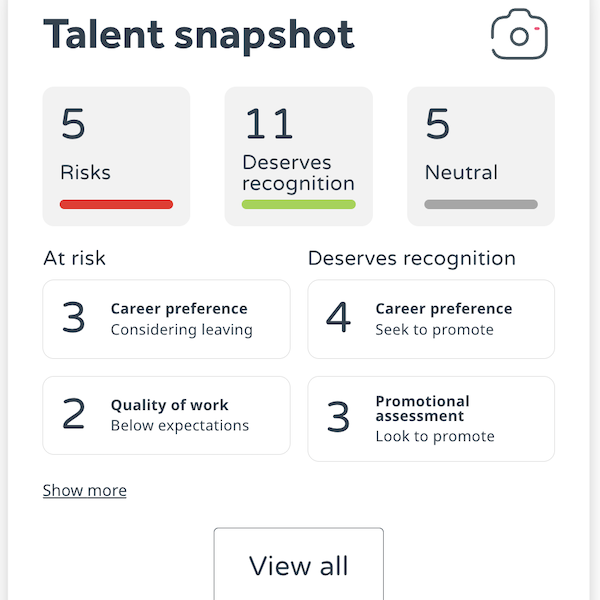If you work in HR you will already know all about stress, so you may not take that kindly to being reminded about National Stress Awareness Day.
But read on – this is not about reducing stress in the rest of the workforce, it’s about you. As they say in the aeroplane safety briefings, in the event of a failure of the cabin air supply, fit your own mask before helping anyone else. That sounds selfish, but of course it’s the right thing to do – you’re no use to anyone else if you have already passed out.
If HR doesn’t take control of the stress agenda, no-one will. So, if we want to reduce stress and so increase productivity overall, it is absolutely vital that the HR team are calm, energised and ready to act – not dog-tired and fed up.
Now, you may not be able to change the flow of stuff coming your way, but there are things you can do to stay calmer and happier.
Learn to notice when you are stressed
Of course you know when you’re stressed – don’t you? Well no, most people don’t. As we get more and more wound up, so we focus increasingly on the things we are worrying about, to the exclusion of surrounding events. Sometimes the effect of this is great – when you are doing a puzzle or something is fine for a whole evening to pass by without you noticing. At work, though, it is more likely that people will get involved, then upset, then cross, and not even notice it is happening. So make a point of stopping every 90 minutes – use the calendar to remind you – and ask yourself if you feel calm. If not, do something about it…
Take control of your breathing
As your brain gets wound up, so does your body. That’s why we often say we feel ‘tense’ in stressful situations – we are. The reverse of this is also true, as anyone who has learnt to meditate can confirm – if you take control of your body and calm it down, the mind calms down too. It is a wonderful feeling, and you can achieve it quite quickly with just a little practice. You don’t have to go the whole hog and take yourself to India, just changing the rhythm of your breathing is enough to kick-start a whole raft of changes. Try this – never when driving, only when it is safe to close your eyes and relax:
- sit in a comfy chair and close your eyes
- focus hard on the way your ribs move as you breathe in and out
- mentally count the seconds as you breathe in – 1, 2, 3, 4, 5 –
- then purse your lips and breathe out for a count of 8 – it may take a few breaths to get up to that number.
Keep doing this for 10 minutes, just changing the ratio of in-breath to out-breath, and you will feel quite different. It gets better and better with practice, so keep at it – if you are currently feeling very stressed just do it for ten minutes, three times day, for a week.
Keep a diary
Before you start doing that breathing exercise jot down how stressed you feel, on a scale of 1-10. After you do it the first time scale your stress level again. Keep doing that – if you persist you should see a drift down in overall stress with time – odd events may push the number up but the trend is the important thing. Now start looking at the connections between events and stress levels – what makes you stressed, and why?
Take control of how you respond
For each event that makes you stressed, list the reasons why you think that happens. Then work out:
- What the event is about and why it has the power to stress you
- how the impact on you could be changed by bringing in extra people, resources, information, planning etc
- if not, what you can do to protect yourself during the most stressful part
Working out where the stress derives from is very important – most people don’t think about that, they just endure the consequences. But working through the patterns involved is the first stage to rationalising the stress, and so bringing it out of the domain of emotions and into an arena where it can be understood, scaled and, usually, mitigated.
Always remember that you have the right to determine how much of the stress you experience. Deciding to feel it less is the first step. The second is to practice staying calm – hence the breathing exercise above – and when you do this you stay in your rational head, feel the stress less and have more intellectual power available to resolve problems.
Care a little bit less
That might sound odd, but people who care too much are no use to the people they serve. Empathy is important – and unavoidable for most humans – but it’s ok to have a little professional detachment between yourself and those you look after. When someone has a problem and you are called in to sort it out, they are effectively asking to borrow your brain, so you help them best by having your whole brain available. This means stopping periodically to ask if you are in good mental condition. If you are too tired, too involved, suffering from compassion fatigue, or in any way below peak HR, stop. Pull back a bit, ask for help, get a pause in the process, or do whatever else you have to do.
You owe this to yourself and the others involved – and life will be better for it.

